Most Popular heroes from Norse mythology
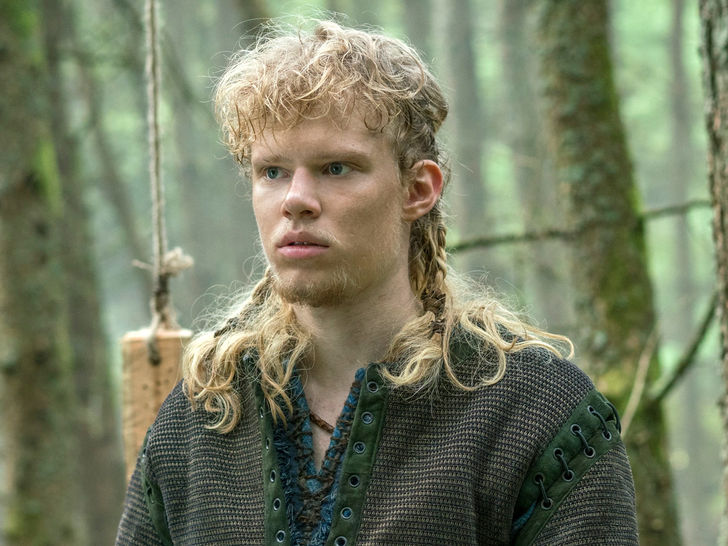
Norse mythology is a collection of myths about the North Germanic tribes that originated in Norse paganism and continued after the Christianization of Scandinavia, as well as into modern Scandinavian folklore. In Norse mythology, the earth is divided into nine worlds that surround the holy tree Yggdrasil.
Posted On May 11th, 2021
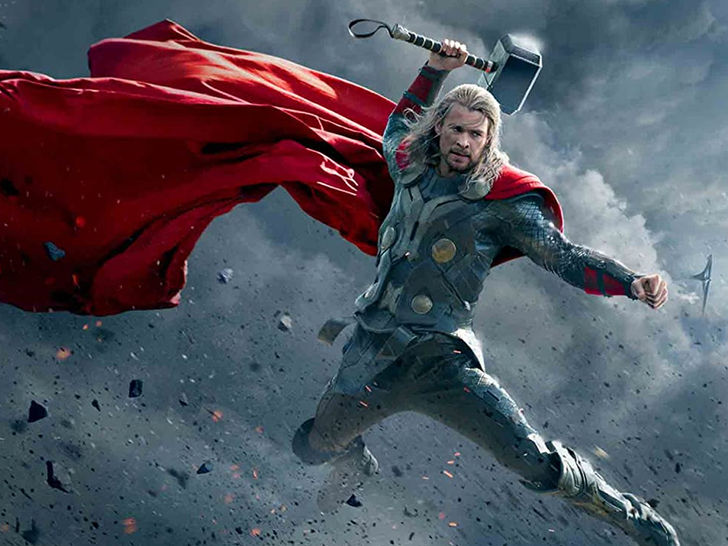
Thor
The most well-known deity of the Nordic pantheon is Thor. He bore the all-powerful hammer Mjolnir and was revered as the god of thunder and civilization. He was the guardian of Asgard and Midgard as a warrior deity (the Earth). He was indeed a living embodiment of the Viking virtues of courage and power. Thor was doomed to die battling the snake Jörmungandr during Ragnarök. He is the most liked out of all the Gods in the pantheon. In the movie Avengers, the character of Thor is played by Chris Hemsworth.
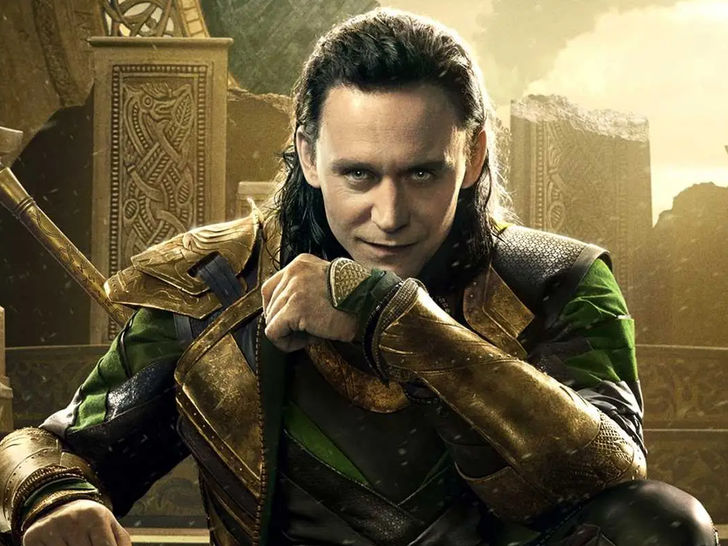
Loki
Loki is a Jotun, not an Aesir or a Vanir. As the deity of deceit and mischief, he was a shapeshifter with the power to turn into beasts, objects, and living beings. He alternated between the Jotuns and the gods on a regular basis, wrecking chaos and performing tricks on both sides. Loki is described in numerous Norse myths as a trickster who often plays tricks and creates havoc everywhere he goes. When Loki killed Baldr out of envy and revenge, his association with Asgard came to an end. Loki was doomed to die at the hands of Heimdall, the gatekeeper, in Ragnarök.
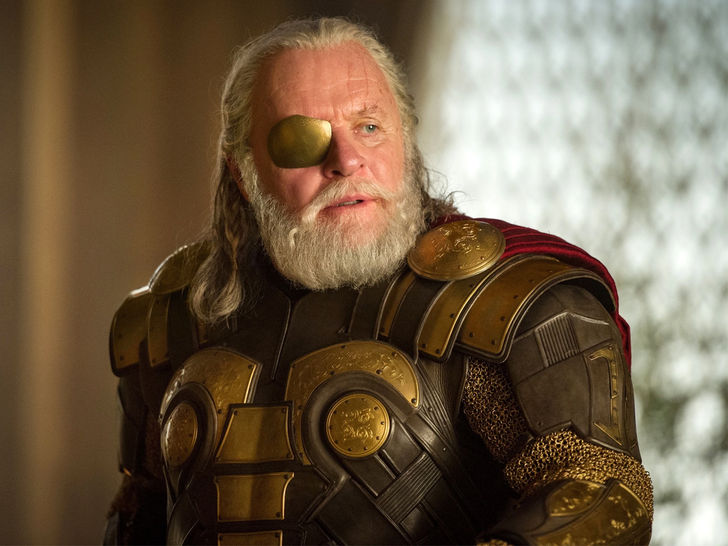
Odin
Odin was the god of war, death, wisdom, and sorcery, as well as the father of the gods. According to legend, in order to achieve universal knowledge, Odin had to rip out his right eye and drink from Mimir. He also hanged for nine days from Yggdrasil to learn the rules of creation. He is the most inquisitive God, always seeking wisdom from the universe. Odin was known to mask himself to create disruption in the human universe as a kind of test or study on humanity. As a deity, he is depicted with his spear Gungnir and two ravens, Hugin and Munin, who signify “thought” and “memory,” respectively.
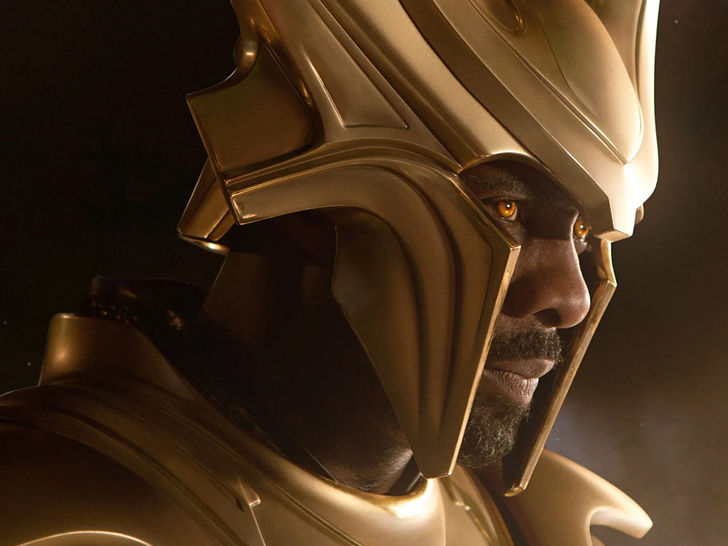
Heimdall
Asgard's only protector was Heimdall, also known as "the white god." His acute hearing and vision gave him a home and a position at Himinbjörg, the location of the Bifröst, or rainbow bridge, which connects the Nine Worlds of Yggdrasil to the heavens. He was the rainbow bridge's 'watchman.' Heimdall had an exceptional hearing and a near-omnipotent sense of sight. When Ragnarök/doomsday arrived, Heimdal will sound the Gjallarhorn horn, setting off a confrontation between him and Loki that would end in their deaths.
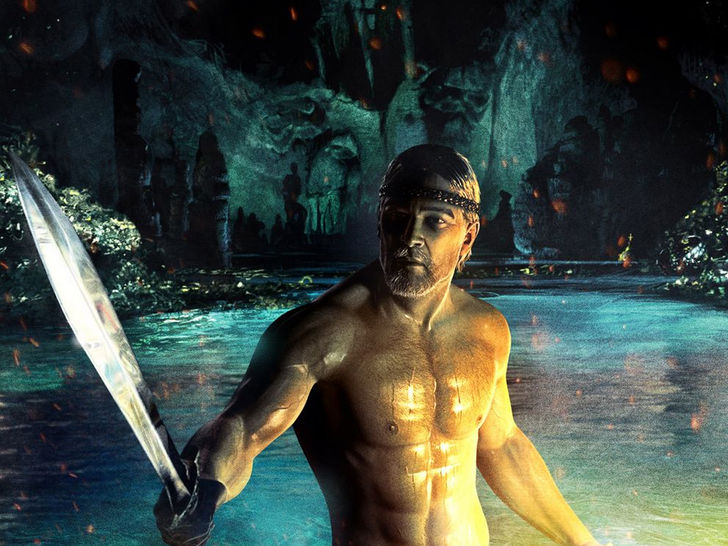
Beowulf
Beowulf was a great warrior in his prime, notable for his feats of strength and bravery, such as his fabled swimming match against Breca. He also perfectly embodies the Germanic heroic code's etiquette and ideals, such as loyalty, courtesy, and pride. By volunteering to kill Grendel and then Grendel's mother, he reveals his sense of honour and devotion to Hrothgar.
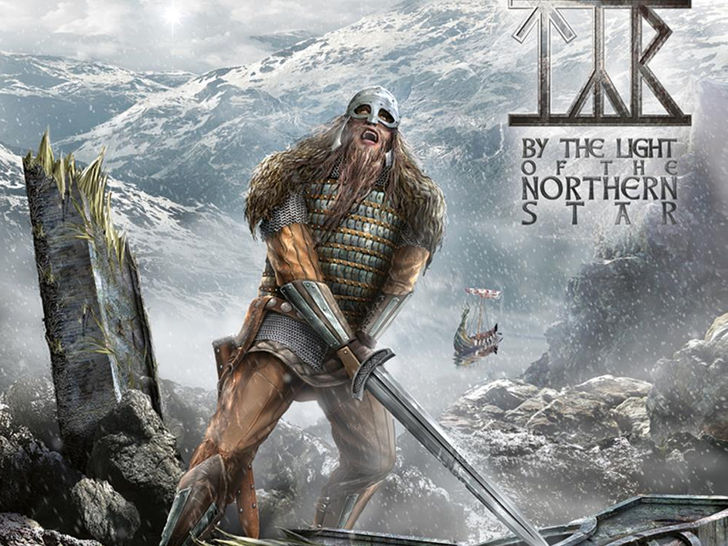
Tyr
Tyr was a Norse god of battle who was also a valiant warrior and a member of the Aesir tribe. He was a defender of order and justice. He was amputated from his arm by Loki's fearsome offspring, the giant wolf Fenrir. He was the head of the Norse Pantheon at one point, but Odin supplanted him much later. His name is derived from Tiw or Tiwaz, and some Roman authors have associated him with Mars, the recipient of human sacrifice. Tuesday is his day. He shares certain features with the earlier Germanic gods of war, such as Odin. Tyr, the Norse pantheon's one-armed deity, was a member of the Aesir tribe who symbolized battle and bloodshed.
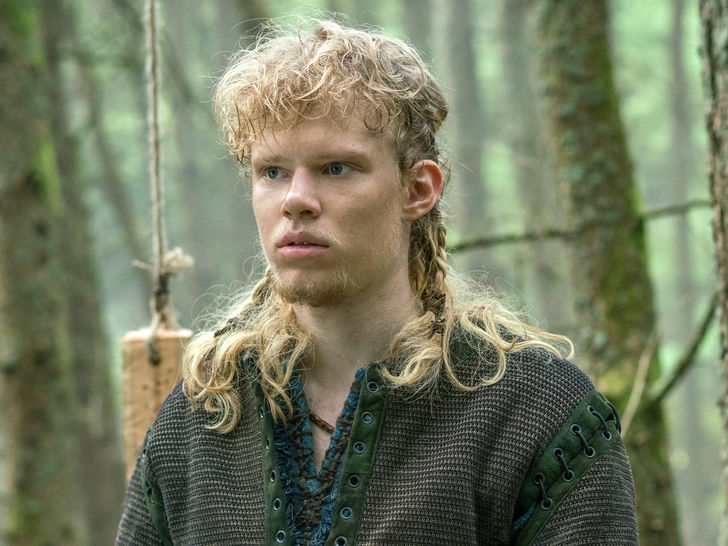
Sigurd
Sigurd or Siegfried is a Germanic hero who is said to have killed a dragon before getting killed himself. It's likely he was influenced by one or more members of the Frankish Merovingian family, the most famous candidate being Sigebert I. Sigurd is depicted as dying as a result of a quarrel between his wife (Gudrun/Kriemhild) and another woman, Brunhild, whom he has duped into marrying the Burgundian king Gunnar/Gunther, in both Norse and continental Germanic tradition. Both myths mention his killing of a dragon and his possession of the Nibelungen' hoard.

